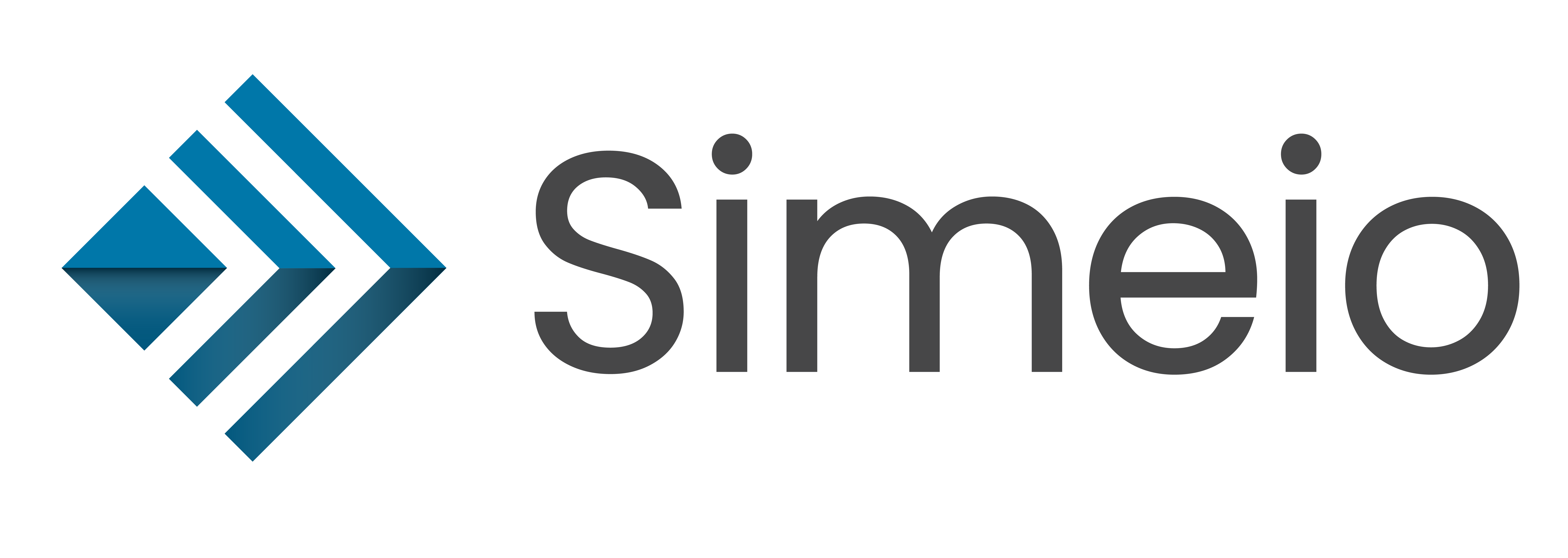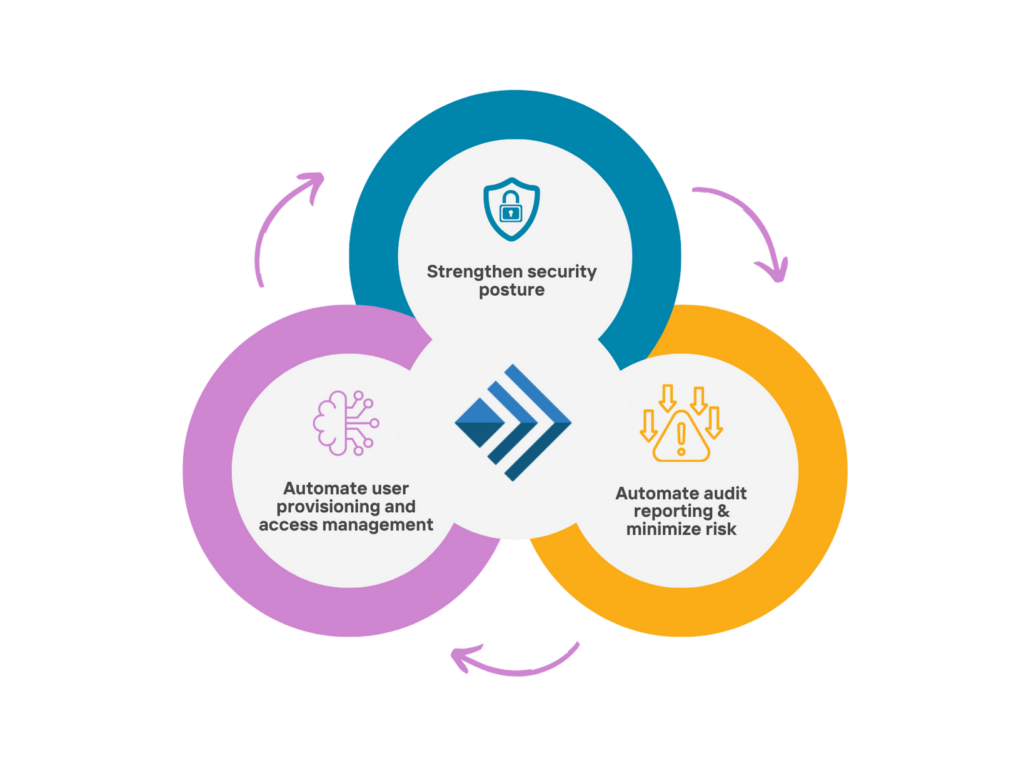
Data is the lifeblood of modern businesses, but with great data comes great responsibility. Across industries, companies must navigate an evolving regulatory landscape to protect customer information, prevent breaches, and maintain compliance with global and industry-specific mandates.
From GDPR to SOC 2, these regulations aren’t just checkboxes—they define the trust your customers place in you. In this blog, we’ll break down the key regulations businesses need to know, the risks of non-compliance, and how to stay ahead of compliance challenges.
The Growing Complexity of Compliance
Regulations aren’t just increasing—they’re overlapping. Many companies find themselves struggling to comply with multiple frameworks across different jurisdictions.
A single business could need to comply with GDPR (EU), CCPA (California), and HIPAA (healthcare data) all at once—each with unique data handling, reporting, and security mandates. As compliance obligations grow, businesses must prioritize a proactive, unified approach to avoid costly missteps.
Why It Matters
Failing to stay ahead of compliance obligations can result in fines, lawsuits, and reputational damage. A proactive compliance approach not only protects against legal risks but also builds trust with customers and ensures business continuity.
Solution:
Simeio’s Identity Orchestration Platform simplifies compliance by unifying governance across multiple frameworks and automating access controls and audit tracking.
Key Industry Regulations and Their Impact
1. The Global Watchdogs: GDPR & Data Protection Laws
The General Data Protection Regulation (GDPR) sets the gold standard for data privacy. Even if your company isn’t based in the EU, GDPR applies if you handle the data of EU citizens. Core requirements include:
- Explicit consent for data collection and processing
- Strong data protection measures
- User rights to access, correct, and delete their data
- Reporting data breaches within 72 hours
Similarly, California’s CCPA & CPRA extend data rights to California residents. Many other U.S. states, like Virginia and Colorado, have introduced their own privacy laws, making compliance a moving target.
Why It Matters
These laws don’t just apply to tech giants. Any business collecting customer data—whether for transactions, marketing, or authentication—must implement strong privacy controls to avoid steep penalties and reputational damage.
2. Financial Services: PCI DSS, GLBA & SOX Compliance
Financial institutions and businesses handling transactions must comply with strict security frameworks:
- PCI DSS ensures secure payment processing by requiring encryption, access controls, and network monitoring.
- Gramm-Leach-Bliley Act (GLBA) mandates financial institutions to explain how they share and protect customer data.
- Sarbanes-Oxley (SOX) requires financial organizations to implement internal controls to prevent fraud and data tampering.
Why It Matters
Non-compliance isn’t just a regulatory risk—it’s a financial liability. Data breaches in the financial sector can lead to millions in fines, fraud, and lost consumer trust.
3. Healthcare & Biometric Data Protection: HIPAA & BIPA
Handling Protected Health Information (PHI)? You must comply with HIPAA, which governs the storage, transmission, and privacy of health data. Key requirements include:
- Implementing multi-factor authentication for secure access
- De-identifying patient records to mitigate risks
- Maintaining audit logs and access controls
Meanwhile, states like Illinois have introduced Biometric Information Privacy Laws to regulate facial recognition, fingerprinting, and other biometric data collection.
Why It Matters
With the rise of biometric authentication (face scans, voice recognition, and fingerprints), companies must stay ahead of emerging privacy laws or face increasing legal scrutiny.
4. Third-Party & Supply Chain Compliance Risks
Businesses aren’t just responsible for their own compliance—they’re liable for third-party vendors too.
A data breach at one of your third-party vendors (like a cloud provider or payroll system) could leave your company facing compliance violations. Regulations like NERC CIP and PCI DSS mandate strong third-party risk management, yet many businesses fail to enforce vendor security assessments.
Why It Matters
A single vendor security failure can create systemic risks across your entire organization. Ensuring supply chain security and vendor compliance is essential to prevent cascading security incidents.
Solution:
- Implement continuous third-party risk monitoring
- Enforce strict IAM controls for external vendors
5. The Rise of AI & Emerging Compliance Trends
AI-powered automation and biometric security are reshaping compliance, but new risks are emerging.
As AI and biometric authentication become more prevalent, regulators are scrambling to keep up. States like Illinois, Texas, and Washington have already enacted biometric privacy laws, and a federal framework is on the horizon. Businesses using facial recognition, fingerprint scanning, or AI-driven decision-making must prepare for stricter compliance demands in 2025 and beyond.
Why It Matters
Emerging technologies increase regulatory scrutiny and legal uncertainty. Companies leveraging AI for identity security must balance innovation with compliance.
Solution:
Implement adaptive security and identity governance that evolves alongside new regulations.
How to Get Started: A Compliance Readiness Checklist
✅ Identify which regulations apply to your business
✅ Conduct a gap analysis to uncover security vulnerabilities
✅ Implement access controls, encryption, and audit logs
✅ Train employees on data privacy & compliance best practices
✅ Automate compliance reporting with Identity Orchestration
The Compliance Challenge: Where Do You Begin?
Navigating compliance doesn’t have to be overwhelming—with the right strategy, you can turn compliance into a competitive advantage.
Take the Next Step
Want to see how Simeio helps businesses stay compliant, secure, and audit-ready? Let’s talk. Schedule a consultation today.

